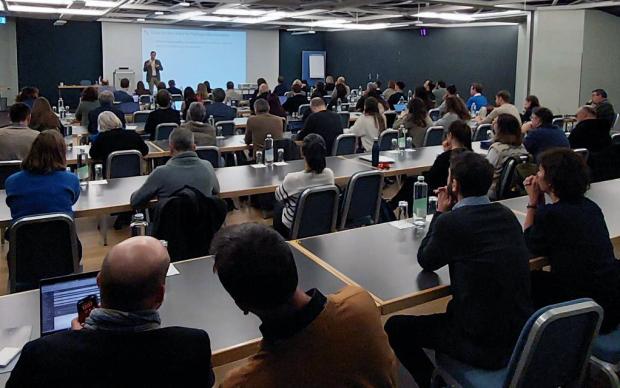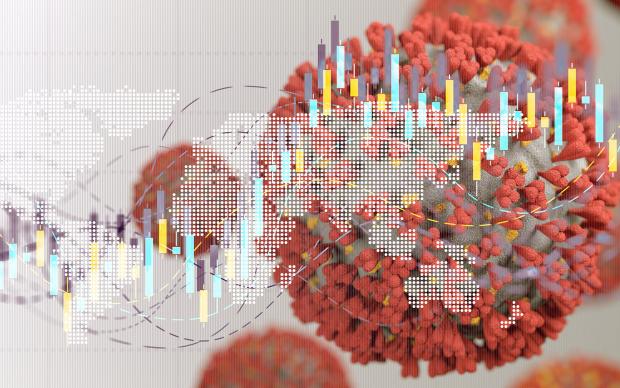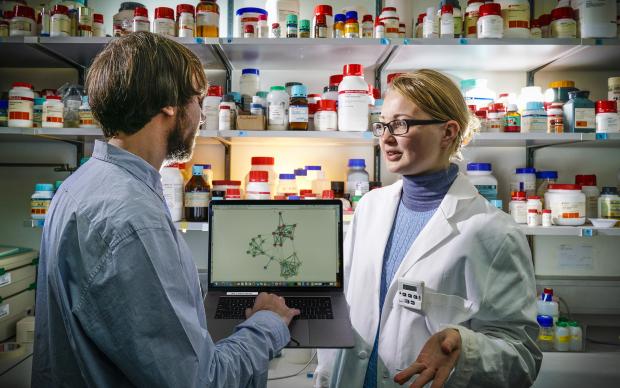Fast and automated interpretation of single-cell RNA-seq data

If you are a researcher using single-cell transcriptomics to study immunology-related problems, you are probably on the lookout for a way to efficiently characterize cell states. This in silico talk presents a powerful tool (ProjecTILs) and approach using reference atlases. Group Leader Santiago Carmona builds on a recent paper in Nature Communications to guide you through the key steps and illustrates the application of the approach using real data on the diversity of T cells in viral infection and in cancer. By enabling the mining of public data, ProjecTILs also allows the investigation of important questions requiring large datasets, such as the origins of patients’ differential responses to cancer immunotherapies.
About the in silico talks series – The latest in bioinformatics by SIB Scientists
The in silico talks online series aims to inform bioinformaticians, life scientists and clinicians about the latest advances led by SIB Scientists on a wide range of topics in bioinformatics methods, research and resources. Stay abreast of the latest developments, get exclusive insights into recent papers, and discover how these advances might help you in your work or research, by subscribing to the in silico talks mailing list.
Over the past ten years, single-cell technologies examining gene expression at the level of individual cells in a given population (e.g. a tumour) have revolutionized the way human diseases are studied, from oncology and reproductive medicine to microbiology and immunology.
However, major challenges remain. For instance, while discriminating between broad cell types such as T cells, B cells or dendritic cells is possible by looking at their gene expression profiles, it is much less straightforward to characterize the various states of differentiation within each cell type. Such ‘states’ among T cells can include for example: cytotoxic, transitional, activated or exhausted. Characterizing these reliably and robustly across studies would offer crucial insights, such as on treatment progression.
In their latest paper, Santiago Carmona and colleagues propose an algorithm and method to tackle these issues. By generating a reference atlas summarizing the current knowledge in a defined biological system, and then projecting query data (from a single or several open data studies) onto this reference, they make it possible to obtain reliable cell state definitions and systematic comparisons across studies. Such analyses use the algorithm ProjecTILs which they developed.
In this short talk you can find out how the method performs on datasets of viral infection and tumour-infiltrating T cells.
Reference(s)
Andreatta M et al. Interpretation of T cell states from single-cell transcriptomics data using reference atlases, Nature Communications 2021.








